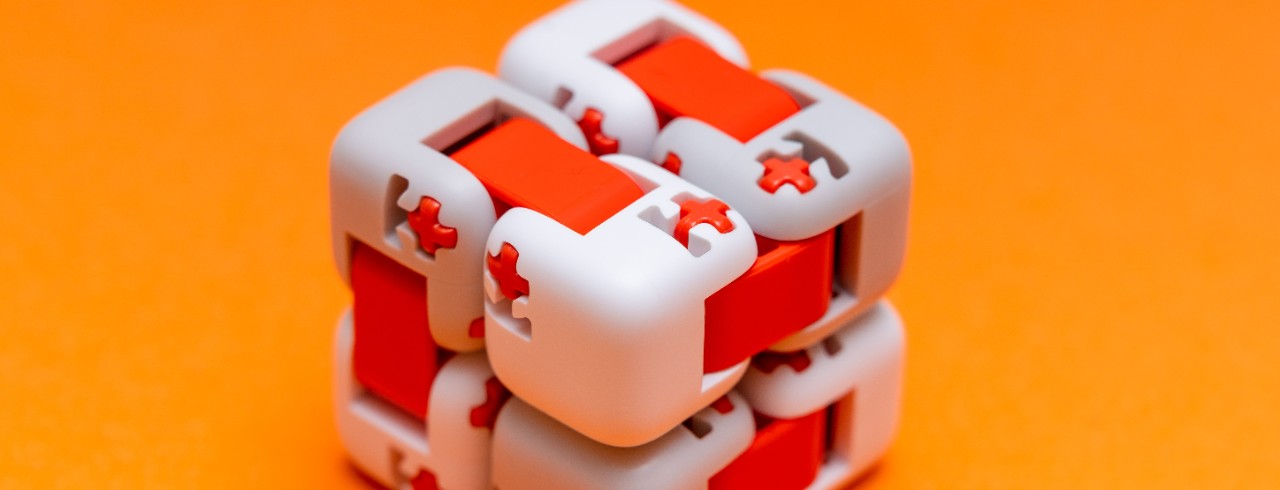
Parade: Fidget toys can be coping tools for depression and anxiety in adults
Fidget toys that keep your hands and fingers busy have been popular among children for quite some time, but they are becoming increasingly popular among adults.
Shana Feibel, DO, assistant professor of clinical psychiatry & behavioral neuroscience in the University of Cincinnati College of Medicine and a psychiatrist at the Lindner Center of Hope in Mason, told Parade that fidget toys can provide distraction, which is a common way to avoid anxiety.
“Fidget toys can actually be very helpful in depression as well,” Feibel said. “If you think of them as a distraction tool, people can deflect some of the symptoms of depression, such as rumination and negative thoughts. People with obsessive compulsive disorder could use a fidget toy to help distract them from perseverating thoughts that are difficult to control. They can be especially helpful for people who engage in self-harm, such as cutting or burning themselves. If someone has an urge to do this, they can try to subvert the urge by using a fidget toy.”
Featured photo at top of fidget cube courtesy of Unsplash.
Related Stories
UC celebrates record spring class of 2025
May 2, 2025
UC recognized a record spring class of 2025 at commencement at Fifth Third Arena.
Leveling up
May 2, 2025
Meet four College of Allied Health Sciences students who are advancing their education following graduation this May.
CCM welcomes new viola faculty member Brian Hong
May 1, 2025
UC College-Conservatory of Music Dean Pete Jutras has announced the appointment of Brian Hong as CCM's new Assistant Professor of Viola. His faculty appointment officially begins on Aug. 15, 2025. Hong has established a notable career as a critically acclaimed performer, inspiring pedagogue and successful music administrator. As the violist of the GRAMMY-nominated Aizuri Quartet from 2023-2025, he premiered major new works on nationally renowned chamber music series and conducted residencies at universities across the United States.
